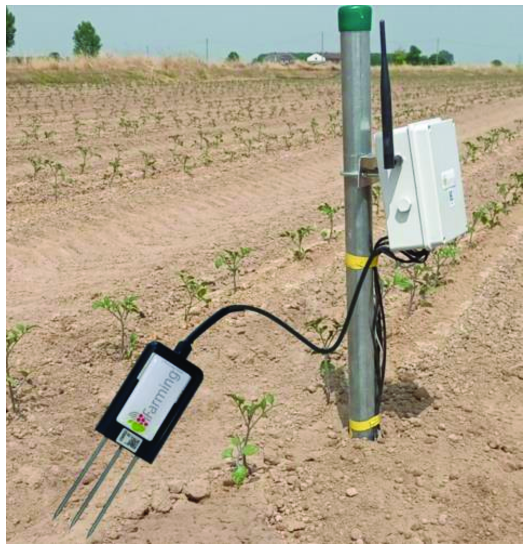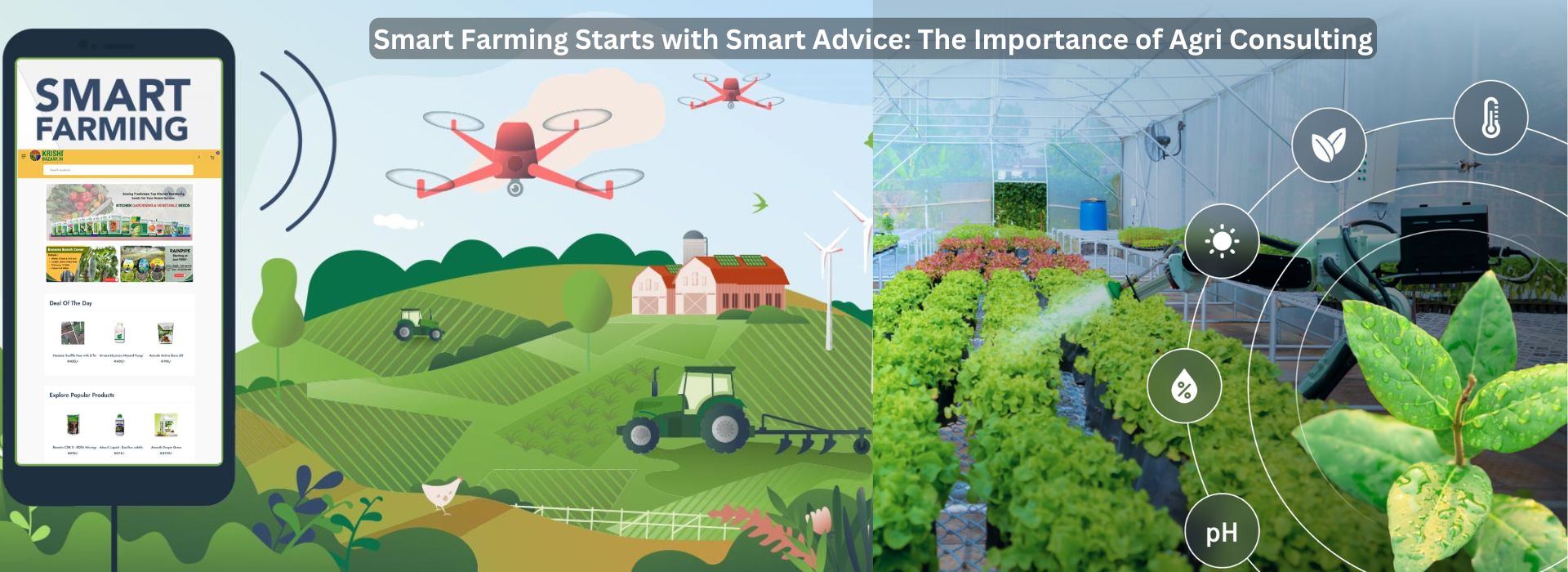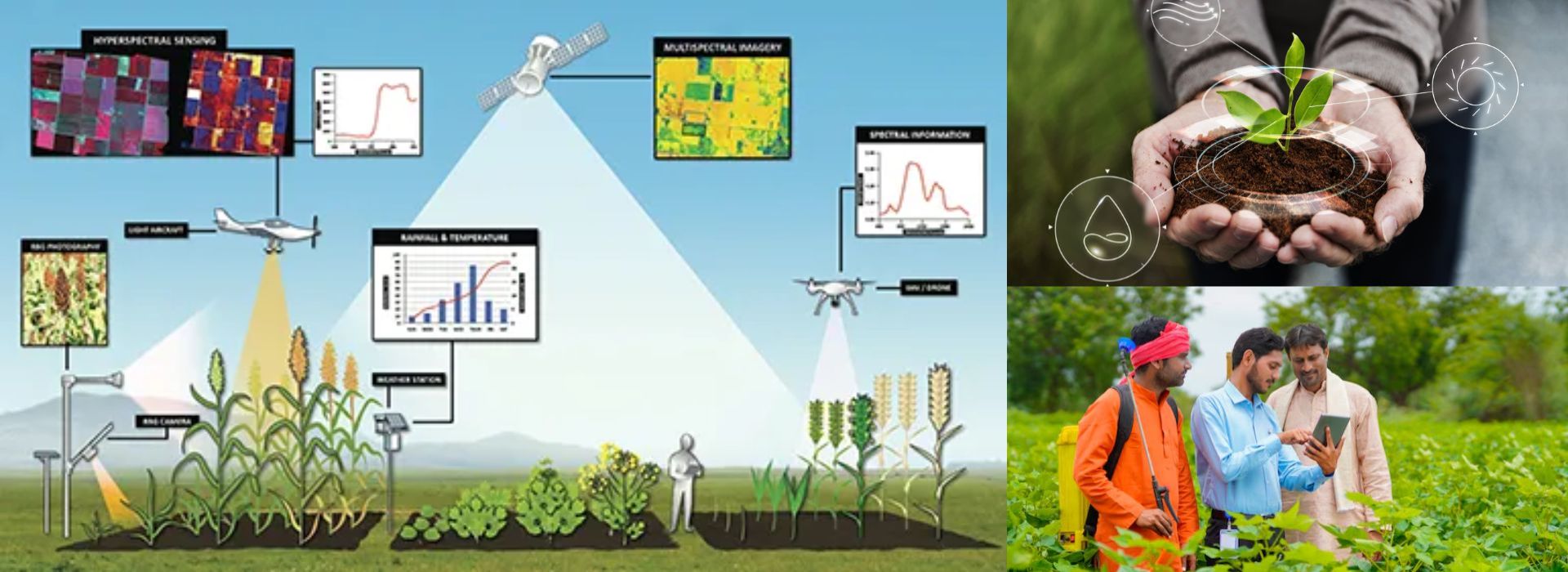The Role of Electrical Conductivity in Soil Health
January 25, 2024the realm of agriculture, where the quest for optimal crop yields and sustainable farming practices is ever-evolving, understanding the electrical conductivity of soil has emerged as a crucial aspect. Electrical conductivity, often abbreviated as EC, refers to the soil's ability to conduct an electrical current. This property is directly linked to the soil's composition and can be a powerful tool for farmers seeking to enhance their crop management strategies. In this blog post, we will explore the significance of electrical conductivity in agriculture and its impact on soil health.
Understanding Electrical Conductivity: Electrical conductivity is measured in Siemens per meter (S/m) or milliSiemens per centimeter (mS/cm). It provides valuable insights into the concentration of dissolved salts in the soil solution. Salts, such as potassium, sodium, calcium, and magnesium, carry electrical charges, and their presence affects the soil's ability to conduct electricity. In turn, this conductivity level serves as an indicator of the soil's fertility and overall health.
The Relationship Between EC and Soil Health:
Nutrient Levels: High electrical conductivity may indicate elevated levels of dissolved nutrients in the soil. This can be advantageous for certain crops, as it suggests a fertile environment that supports plant growth.
Salinity: On the flip side, excessively high EC values may signify salinity issues. Saline soils can hinder water absorption by plant roots, leading to dehydration and poor crop performance.
Water Management: EC is a useful parameter for managing irrigation practices. By monitoring the electrical conductivity of the soil, farmers can optimize water usage and ensure that the soil remains within the desired range for crop growth.
Soil Texture: Different soil textures, such as sand, silt, and clay, exhibit varying electrical conductivity levels. Understanding these variations helps farmers tailor their cultivation practices to suit the specific needs of their soil type.
Applications of Electrical Conductivity in Agriculture:
Precision Agriculture: Modern agriculture is embracing precision farming techniques. By using EC sensors and mapping technologies, farmers can create detailed soil conductivity maps. These maps guide them in making informed decisions about fertilization, irrigation, and crop selection based on the unique characteristics of different areas within their fields.
Irrigation Management: Monitoring EC levels aids in designing effective irrigation strategies. It helps farmers avoid over-irrigation, which can lead to water wastage and leaching of nutrients, or under-irrigation, which can result in stunted crop growth.
Soil Amendments: Knowledge of the soil's electrical conductivity allows farmers to make informed decisions about soil amendments. Balancing nutrient levels and addressing salinity issues through targeted amendments contributes to healthier, more productive soils.
At krishibazaar.in, you can find and buy various agricultural products. For agricultural guidance on selecting the most suitable products for your crops, please contact or WhatsApp at +917887880887.






Guest reviews
No reviews found for this Blog